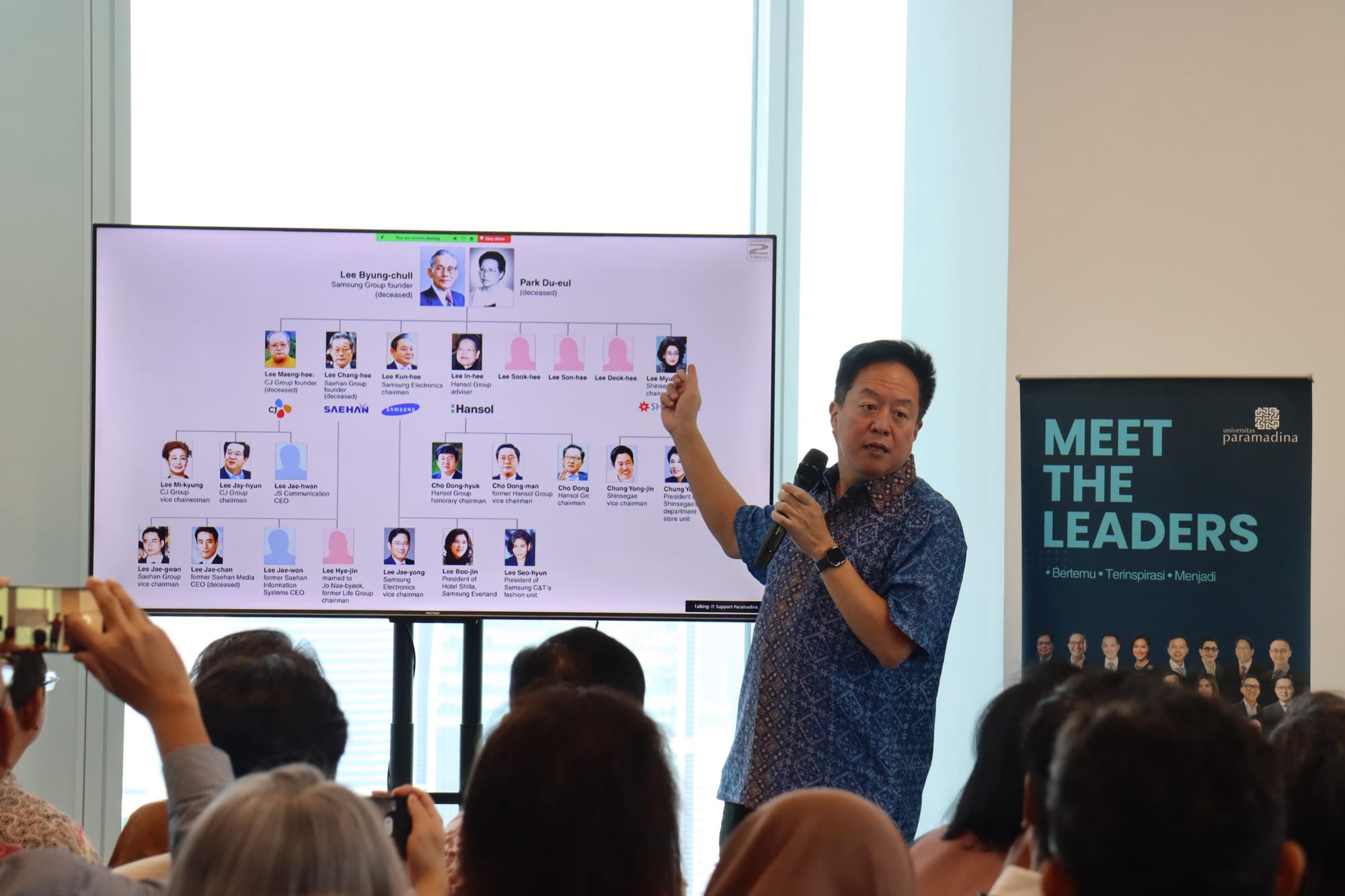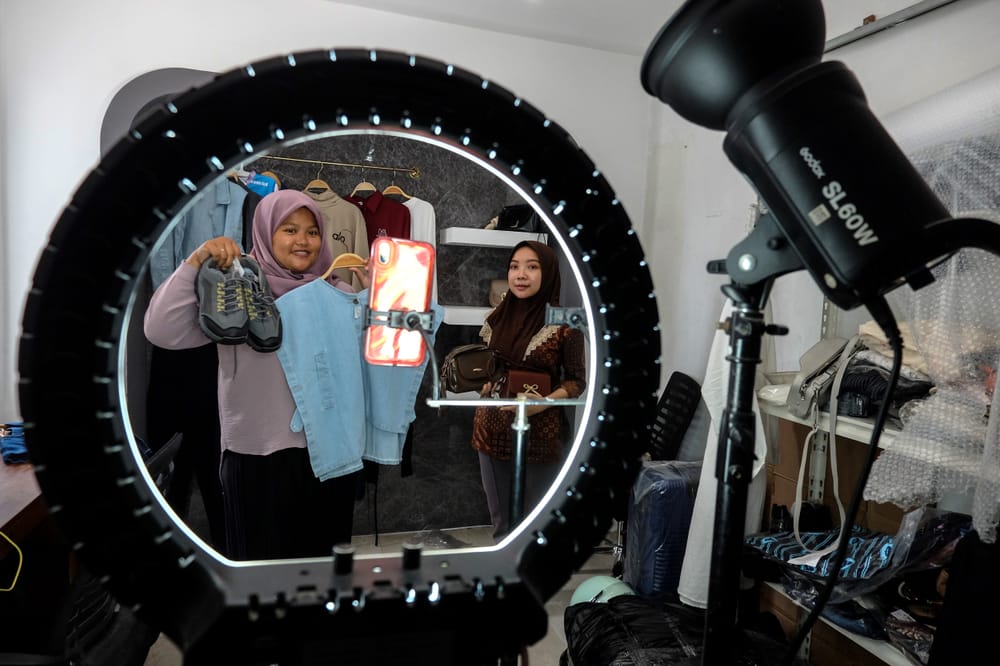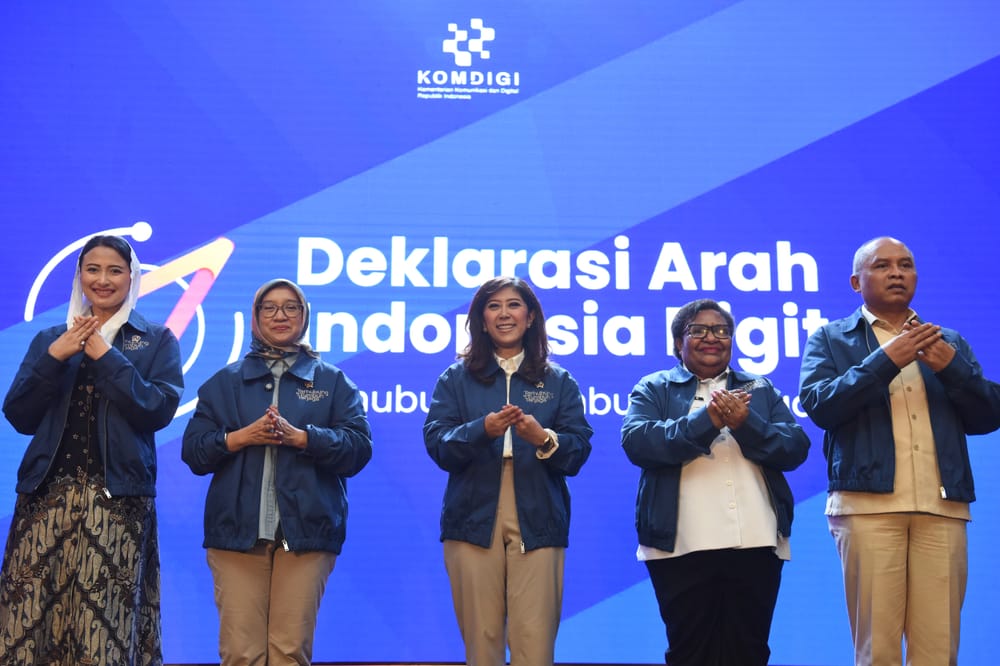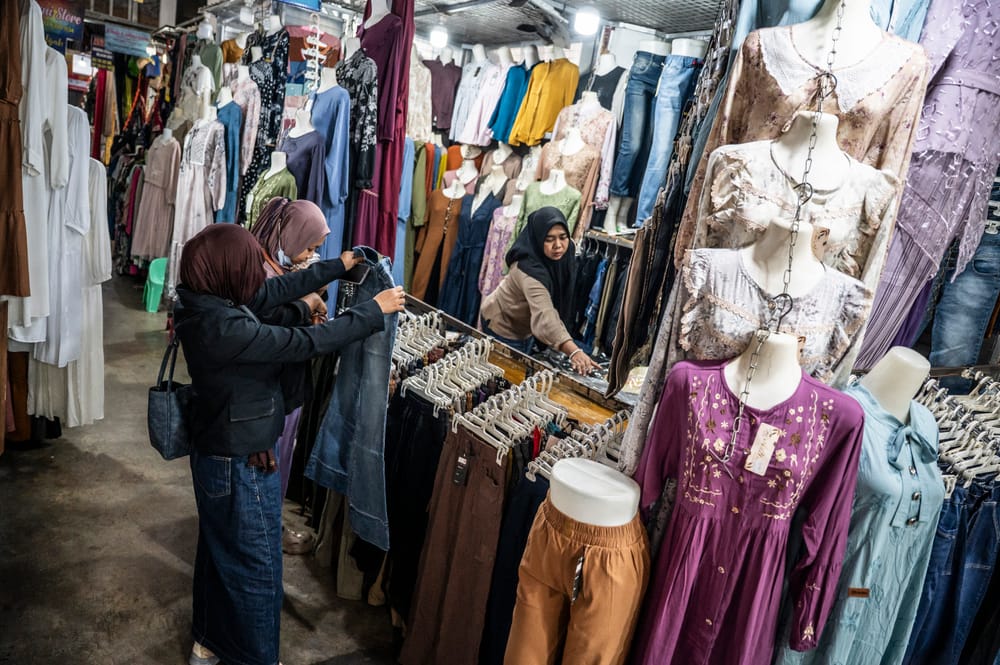Paramadina University, Jakarta, is again holding the inspirational forum Meet The Leaders. This forum has consistently been a space for open dialogue between students, the public, and important figures from various strategic sectors.
In this latest edition, 26 July 2025, the forum raised the theme “Djarum: A Story of Strategic Succession” by presenting Victor Hartono, MBA, the 9th generation of the Hartono Group family, as the main speaker.
The forum was moderated by Wijayanto Samirin, MPP, an economist at Paramadina University as well as the program host, who directed the discussion to various important aspects regarding family business succession and business resilience across generations. This event was held at the Benny Subianto Auditorium, Paramadina University Kuningan Campus, Saturday (26/7/2025).
In his speech, the Rector of Paramadina University, Prof. Didik J. Rachbini, Ph.D., emphasized that the real stories of cross-generational business actors such as Victor Hartono are important to share with the younger generation. “Presenting a figure like Victor Hartono is a strategic step to share the real story about the sustainability of cross-generational business,” said Prof. Didik.
He also stated that understanding succession in family businesses is a valuable lesson for future leaders.
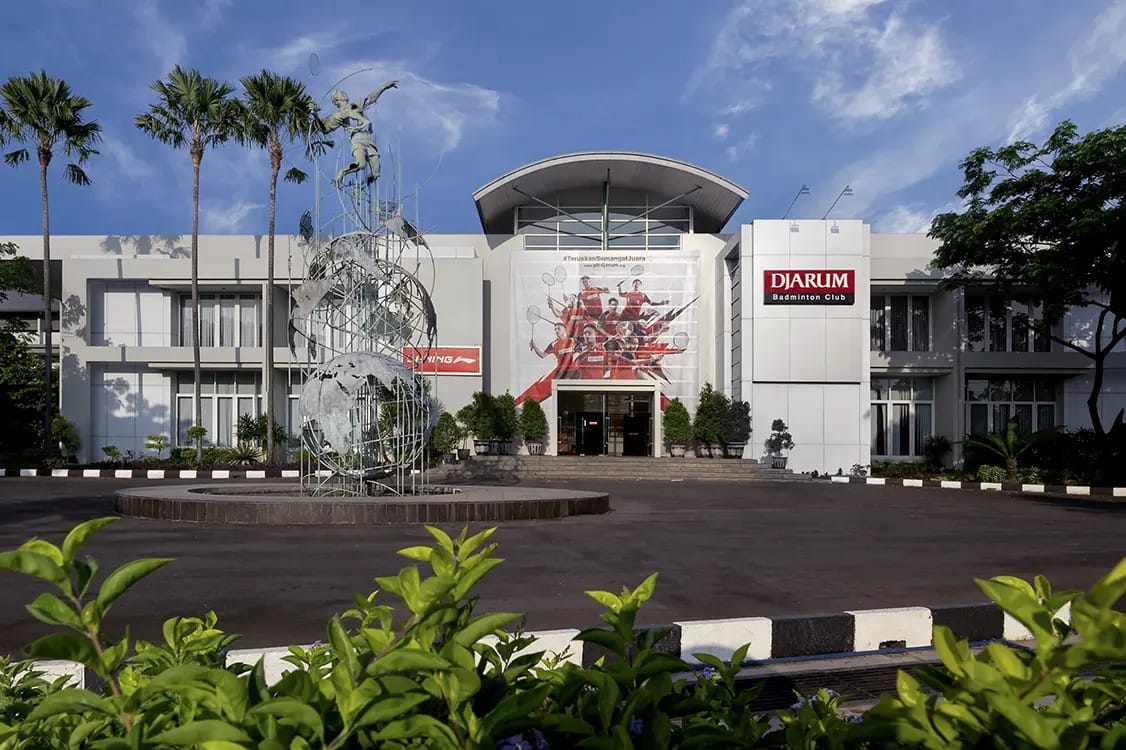
Victor Hartono began his presentation with a statement that became the common thread of his extended family's journey: “The industry we are in today may not be able to provide a livelihood in the future. This is not just a theory, but a painful experience that our family has experienced directly over several generations,” he said frankly.
Victor recounted that Djarum's family business was initially not in the cigarette industry, but rather in peanut oil trading during the colonial era. However, with the entry of more productive palm oil from Africa, peanut oil was gradually displaced from the market.
The efficiency of palm oil harvesting, which can reach 12 times a year, is the main reason for this shift. From there, the Hartono family realized that no business is immune to technological disruption and market dynamics.
Victor then took the audience to delve into the historical traces of his extended family, starting from the 7th generation, namely his grandfather, Oei Wie Gwan, who came from Fuzhou, China, and pioneered a firecracker factory business with the Cap Leo trademark. Unfortunately, the business collapsed many times.
In 1939, the firecracker factory exploded and caused bankruptcy. The business was rebuilt, but two years later it was robbed and burned down. At its peak, in 1942, the Japanese occupation made this business unable to operate due to a total ban on the production of explosives.
"The big lesson is that political and international conditions can dispel all assumptions about business sustainability," Victor explained. He also mentioned that until now, there are almost no legal firecracker factories in Indonesia due to regulations and high risks.
Challenges from within the family can threaten the business
In addition to external challenges, Victor conveyed that challenges from within the family are often the factors that threaten the business. He alluded to internal conflicts that arise due to stalled cash flow, differences in ambitions between family members, and unclear leadership.
He mentioned problems such as meritocracy that does not work, unfair dividend distribution, and failed generational transitions as a "time bomb" in family businesses.
From this long and bitter experience, Victor shared his views on family business sustainability strategies. He emphasized the importance of clarity in the leadership structure—the main leader should only be one so that the direction of the business is maintained and conflicts can be minimized.
"The big lesson is that political and international conditions can dispel all assumptions about business sustainability," Victor explained.
He also encouraged the clear division of business units among family members, the importance of maintaining internal harmony within the extended family, and openness to selling some ownership to business partners who are financially or strategically stronger. "This is not a defeat, but a strategy to strengthen long-term competitiveness," he said.
In closing, Victor conveyed his hopes regarding regeneration in family businesses. "If possible, from the family, there must be one, two, up to four people who truly become conglomerates. Not just heirs to the name, but true business people who can read the times," he asserted.
This forum not only provides insights into cross-generational business strategies but also serves as an important mirror for students and the younger generation about the meaning of adaptation, endurance, and visionary leadership in the ever-changing business world.
Source: Paramadina University

